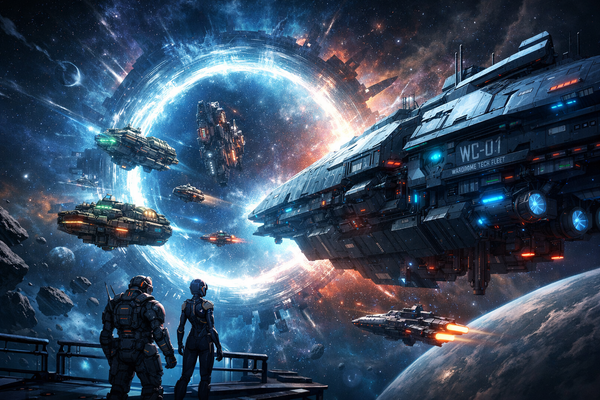Why engagement should be your priority over monetization in indie game development
In the competitive world of indie game development, the pressure to generate revenue can often overshadow the importance of building a strong, engaged player base. However, focusing on player engagement before monetization is not just a good strategy—it's essential for long-term success.
The power of player engagement
Player engagement is the backbone of any successful indie game. Engaged players are more likely to provide valuable feedback, spread the word about your game, and stick around for future updates. By creating a game that resonates with players, developers can build a loyal community that supports the game’s longevity and success. This is particularly important for indie developers who may lack the marketing budget and resources of larger studios.
Research has shown that games with higher player engagement tend to perform better in the long run. Engaged players not only spend more time in the game but are also more likely to make in-game purchases, thus enhancing the game's profitability. A study highlighted in ScienceDaily emphasizes that increased player engagement can lead to higher revenue over time, even if monetization efforts are initially modest (ScienceDaily).
The pitfalls of early monetization
Rushing to monetize your game can have detrimental effects. Aggressive monetization strategies, such as frequent ads or pay-to-win mechanics, can alienate players and drive them away. For indie developers, this could mean losing the very audience that would help their game thrive. Gamespublisher.com points out that successful monetization should be the result of a well-engaged player base, not the starting point (Gamespublisher.com).
Instead of focusing on immediate revenue, consider how you can enhance the player experience. This might involve investing in community building, refining gameplay based on feedback, or offering a free-to-play model with optional purchases that enhance, rather than dominate, the gameplay experience (GameAnalytics).
Real-World examples of engagement-first success
Many successful indie games have followed this engagement-first approach. By involving players early in the development process, either through beta testing or early access releases, developers can create a game that truly resonates with its audience. This not only improves the game itself but also fosters a community of dedicated players who are invested in its success. The feedback loop created by this approach allows developers to continually refine their game, leading to a polished final product that meets players' expectations (Wardrome) (ScienceDaily).
Conclusion
For indie game developers, prioritizing player engagement over immediate monetization is not just a strategy—it’s a necessity. Building a loyal, engaged player base lays the foundation for long-term success, making monetization a natural and sustainable outcome. By focusing on the player experience and fostering community engagement, indie developers can create games that are not only profitable but also beloved by their players.




